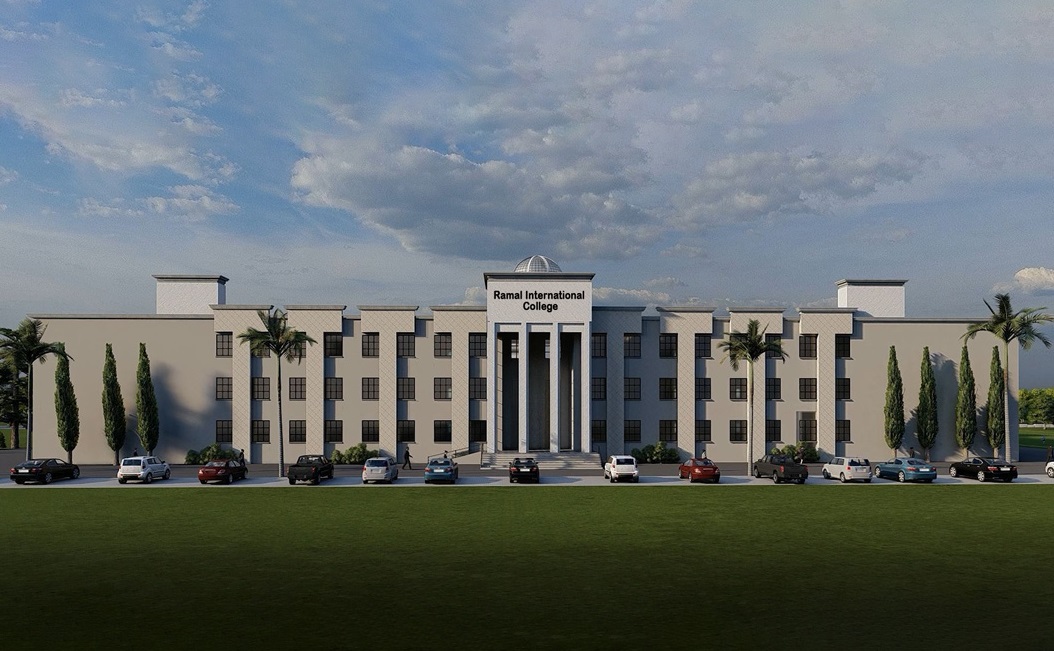Ramal International College
Ramal International College
RS Welfare Foundation establishing a college in Darman, District Narowal, Punjab, Pakistan. The College will be catering to children of high to low-income economic stratum, recognizing the need for a high caliber yet low-cost institute. Being cognizant of the financial constraints of most parents, the college will charge an affordable fee. The college will practice advanced educational procedures – using modern teaching methodology, covering an extensive curriculum which is up-to-date with international standards, and hiring qualified and experienced faculty. The college will have state-of-art infrastructural facilities including spacious classrooms, well-equipped science and computer laboratories, and a resourceful library.
Gender-wise, boys outnumber girls at every stage of education.
Adopted schools now nurtured by the RS Welfare Foundation, which play a vital role as a rich source of potential students for our upcoming college. The benefits are substantial and diverse. Firstly, these schools provide a reliable pool of students, ensuring a steady stream of candidates for our new college. By investing in infrastructure improvements and enhancing the quality of education in these schools, we are cultivating a foundation of well-prepared students poised for higher education. Additionally, our proactive approach in addressing teacher shortages directly contributes to the availability of qualified educators for our college. Leveraging the students of these adopted schools as ambassadors, we tap into a powerful grassroots marketing strategy, ensuring our message reaches far and wide within local communities. By seamlessly integrating these schools into our broader initiative, we not only magnify the impact of our educational efforts but also lay the groundwork for a smooth transition, fostering a legacy of continued educational excellence in our upcoming college.
- Ramal Internation College Darman

Our facilities
- Classrooms: Equipped with desks, chairs, whiteboards or smart boards, projectors, and audio-visual equipment for lectures and presentations.
- Library: Stocked with a wide range of academic books, journals, periodicals, and online resources. It may also have study areas, computer terminals, and group study rooms.
- Laboratories: For conducting practical experiments and research in subjects like chemistry, biology, physics, computer science, and engineering. These may include specialized equipment and safety measures.
- Computer Labs: Equipped with computers, printers, scanners, and relevant software for students to work on assignments, projects, and research.
- Administrative Offices: Including admissions, registrar, finance, and academic affairs offices to handle student enrollment, records, financial aid, and academic planning.
- Faculty Offices: Spaces for professors and instructors to conduct meetings, consultations, and administrative work.
- Auditorium or Lecture Halls: Large spaces for hosting seminars, conferences, guest lectures, and other academic events.
- Cafeteria or Dining Hall: Providing meals, snacks, and beverages for students, faculty, and staff.
- Security and Safety Measures: Including security personnel, surveillance cameras, emergency response systems, and safety protocols.
- Green Spaces: Such as parks or gardens for relaxation and outdoor activities.
- Medical Facilities: Basic medical care or first aid facilities for minor injuries and illnesses.
- Wi-Fi and Internet Access: Available throughout the campus for academic and research purposes.
- Playgrounds: Sports equipment’s/tools for students.
- Career Development Center: Providing resources and assistance for internships, job placements, and career guidance

